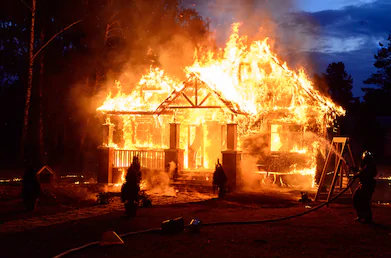
- Law enforcement and fire service training.
- Investigative techniques training - particularly relating to fires, arsons, firearms cases, major crimes, death investigations, crime scene investigations, and evidence.
- Fire, arson, and explosion origin and cause investigation training.
- Training in identifying and apprehending arsonists - including crime/criminal pattern identification and analysis.
- "Interrogation" techniques and procedures.
- First responding officers responsibilities at fire and crime scenes.
- Documenting a fire or crime scene, including sketching and diagramming, photography, and videography.
- Traffic accident photography and videography training.
- Note-taking and report writing.
- Training in testifying in court and other legal proceedings.
- Preparatory training for pre-police academy basic training candidates.
- We can familiarize candidates with basic training curricula, and many other “good-to-know” topics and “tips” that will provide an advantage and solid foundation to candidates before they begin their formal police training.







